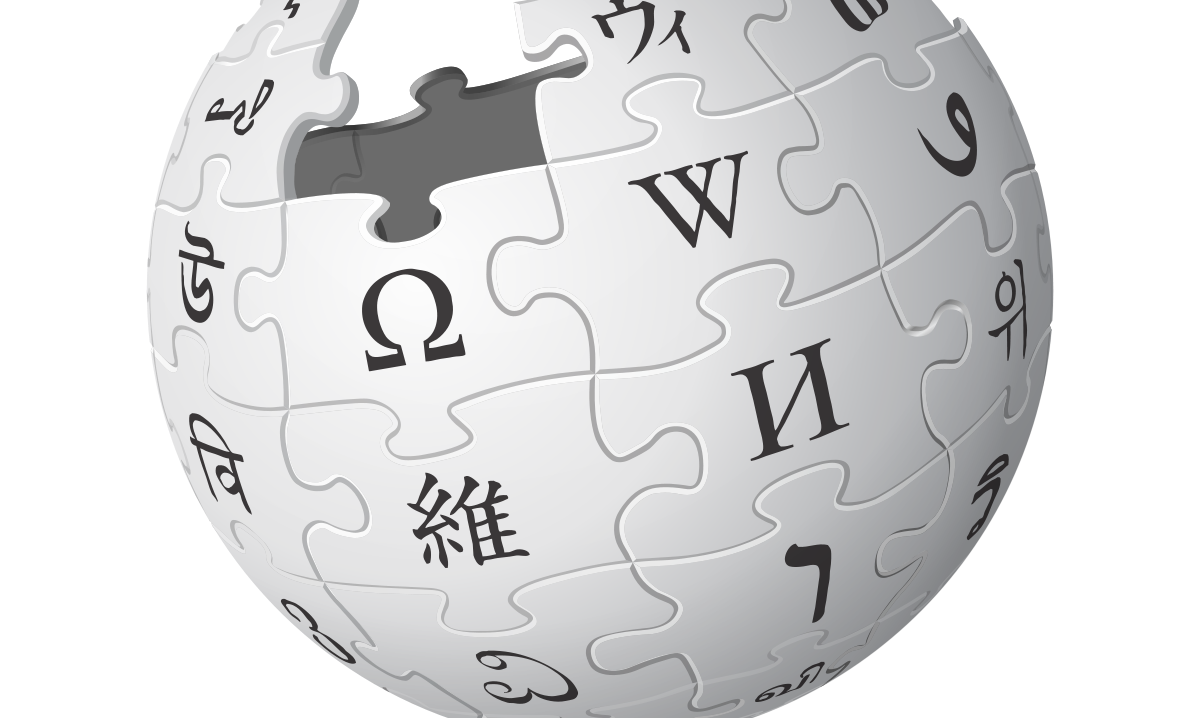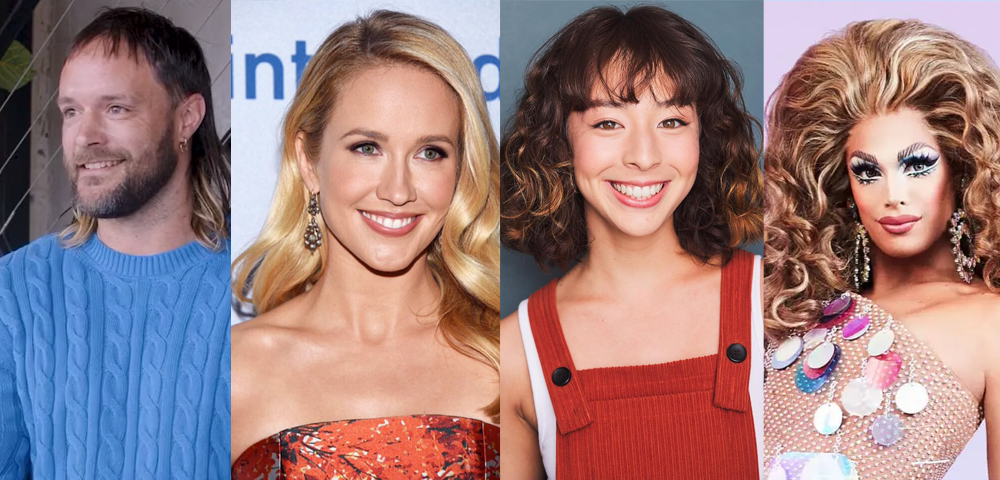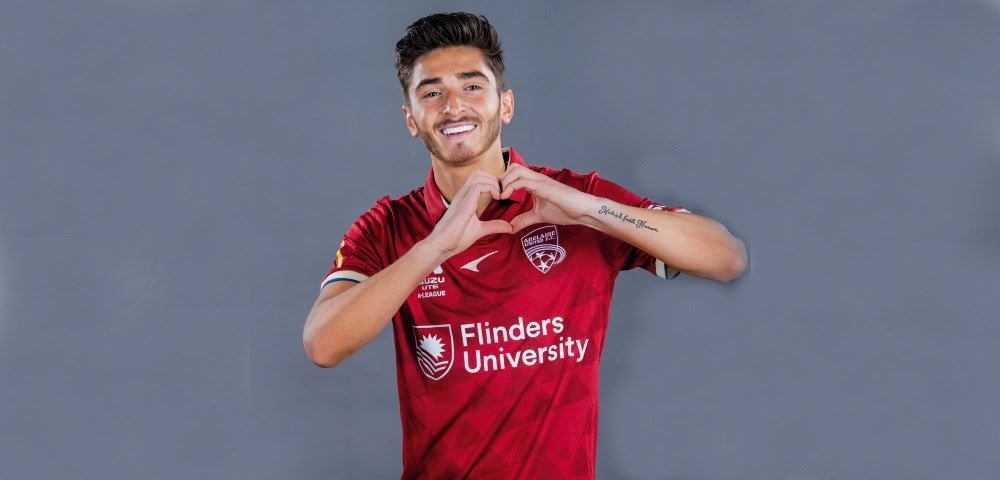
Researcher challenges Wikipedia’s lack of diversity with articles on women and LGBTI scientists

In 2018 a British physicist decided to tackle the lack of diversity on Wikipedia by pledging to write one new article a day about notable women, people of colour, and LGBTI people who work in science.
Dr Jess Wade, a researcher at Imperial College London, has written a more than 450 articles since the beginning of last year about scientists who inspire her from a variety of different fields and backgrounds.
“I think we can [challenge stereotypes] now and Wikipedia has a huge amount of power, people visit the website 30 million times a day,” Wade told The Daily Mail.
“People use that for education, journalists use it for articles and politicians use it to research so it’s really important that it reflects the true diversity of the world.
“You don’t realise how bias Wikipedia is in itself, 80 to 90 per cent of the people editing it are white men in America and just 17 per cent of articles on English Wikipedia are about women.”
A large motivator behind her goal was to encourage more people to enter STEM (science, technology, engineering, and mathematics) fields who might not feel they are welcome there.
“Editing Wikipedia is a small change but I hope it gets read by young children who want to study sciences, engineering and maths and see that girls, or people from different economic classes, can do STEM subjects,” she said.
“We have all these new challenges such as climate change, and we need the best people possible, whoever that may be, and we’re not getting that at the moment.”
Wade tweeted a video which flashed through a number of the articles she had created throughout last year to celebrate the achievement, and it quickly went viral, garnering over 174,000 views, 8,200 likes and 1,700 retweets.
…so far I’ve edited from conferences, synchrotrons and my holidays, on my birthday, bank holidays, new year’s day and christmas day. I’ve never run out of people who deserve biographies.
— Dr Jess Wade ???????????? (@jesswade) December 31, 2018
Wade also encouraged others to join her in highlighting the stories of scientists from underrepresented groups in 2019, although she encourages people wishing to dive into Wikipedia editing to follow their rules about notability and citation.
“Not everyone in life needs a Wikipedia page,” Wade told CNN.
“We need to make sure that this is documenting the most successful and important thinkers of our time.”
She has received widespread praise for her work in bringing attention to the lack of diversity on Wikipedia, including from Wikimedia UK, a charity which promotes Wikipedia and its sister projects.
“Wikimedia UK applauds the work Dr. Jess Wade has done, not just to improve content on underrepresented women scientists on Wikipedia, but to do public outreach on this important issue,” the organisation wrote in a statement.
Gay Star News shared a list of some of the LGBTI scientists Wade created pages for on Wikipedia, including Assistant Curator and Schlinger Chair of Arachnology at the California Academy of Sciences, and co-founder of the 500 Queer Scientists network, Lauren Esposito; theoretical neuroscientist and artificial intelligence expert, and transgender woman, Vivienne Ming; and materials scientist and engineer, and Pride in STEM trustee, Ben Britton.
Wade was partly inspired to start the project after reading Inferior: How Science Got Women Wrong and the New Research That’s Rewriting the Story, which challenges myths about gender inferiority.
Last year Wade helped crowdfund over £25,000 ($45,000) to buy a copy for the book for every public school in the UK, and she is now embarking on a campaign to raise funds to do the same for every public school in New York City.
And after all and her actual work in physics that it’s not surprising someone deemed Dr. Jess Wade notable enough for a Wikipedia article of her own.









